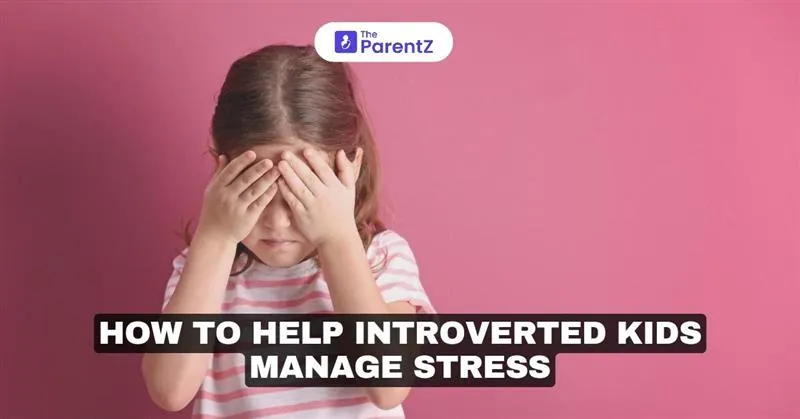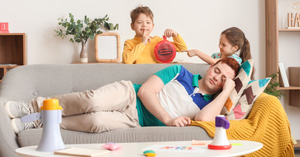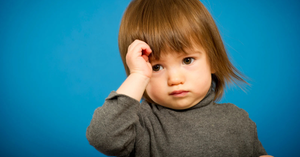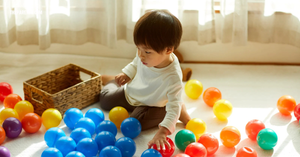There’s no denying that parenting an introverted kid is nothing less than learning a new language. While extrovert kids easily vocalize their emotions, introvert kids rather keep it to themselves. This leaves parents guessing. Such kids simply get back to their rooms after an overwhelming day without saying much. However, the truth is—introverted kids experience stress as deeply as others.
So, how can you actually help them manage stress? Read below this article to find out some effective strategies for helping your introverted child deal with stress.
Why do introverted kids act differently?
Almost 30 percent of kids are introverted. But the question here is—why do they act differently? The main reason is that their brains are wired to respond more intensely to stimuli. This means even a loud classroom or a busy birthday party can be mentally exhausting for them. In fact, according to the Journal of Child Psychology and Psychiatry, introverts have typically intense activity in the frontal global of the brain, the part that is responsible for deep thinking and problem-solving. This is actually what leads to overthinking and, thereby, stress.
Tips to Help Introverted Kids Deal With Stress
From providing them a recharging space to teaching them stress relief techniques, here are some effective tips that can actually do wonders for your introverted little one.
A Peaceful Recharge Space
For introverts, downtime is an essential aspect of their life. Whether its a long day at school or a tiring party with friends, at the end of the day, all they need is a space to decompress away from the chaos. And did you know that creating a calming environment can reduce stress by up to 40 percent?
Therefore, the best way is to create a personal recharge zone at home where they could simply relax, read, draw, or maybe daydream. Soft lighting, cozy blankets—are some elements to enhance the vibes.
Creative Outlets for Excess Energy
Innovative kids are actually creative. It's time to use it to your advantage by encouraging them to engage in activities, such as painting, playing an instrument, or art and craft, to help channel their stress and emotions.
After all, portraying your thoughts or expressing yourself through art is actually therapeutic. And this fact has been backed by science. According to a study, artistic expression can lower cortisol levels, a stress hormone, by almost 25 percent.
Stress Relief Techniques
Did you know that simple stress relief exercises can actually do wonders when it comes to dealing with stress? Techniques such as the 4-7-8 method, where one inhales for four seconds, holds for seven, and exhales for eight, are especially helpful during stressful moments such as examinations.
Yoga is another effective approach, as it greatly helps in improving stress management skills.
Healthy Stress Management
All children, irrespective of introvert or extrovert, learn mostly by observing parents. So, if they notice you managing stress in a calm and healthy way, your child will mirror this behavior too. Let them know it’s okay to take breaks; say no to things that they might feel overwhelming and engage in self-care.
So perhaps if you rush through dinner while answering emails, it's probably time to sit down and eat properly. Take out time to talk to your kids about stress and give them the opportunity to share their emotions as well.
Takeaway
At the end, being introverted isn't a limitation for your little one. Rather, its a gift. These kids are not only empathetic but thoughtful and creative too. However, it's important to teach them how to deal with stress in ways that align with their personalities. After all, who knows, they might just grow up to change the world in their own way.








Be the first one to comment on this story.